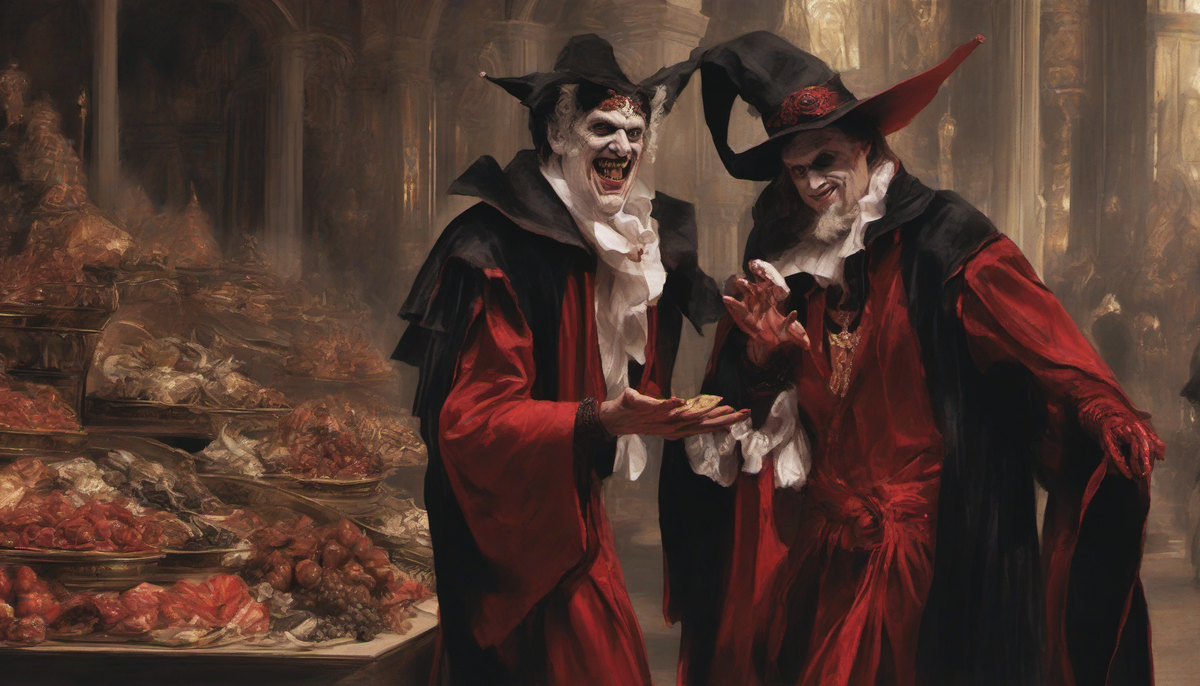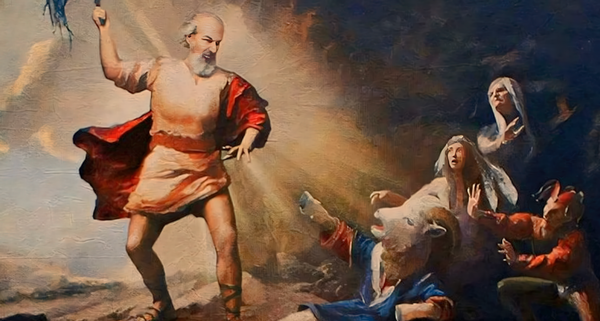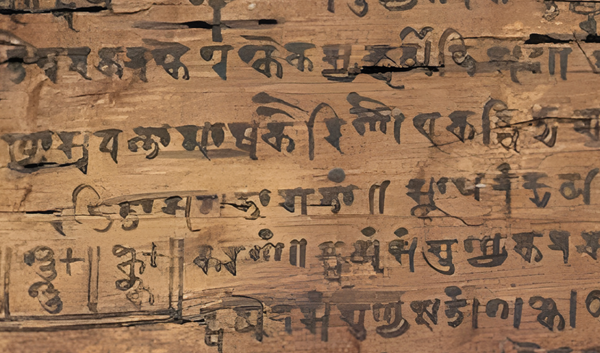A Tale of Two Journeys

In the vast landscape of world literature, certain works have left an indelible mark on our collective consciousness. Among these are Johann Wolfgang von Goethe's Faust and Dante Alighieri's Divine Comedy. At first glance, these two masterpieces may appear quite different, as one is a play set in Germany and the other an epic poem journeying through the afterlife. However, closer examination reveals that both works share striking similarities in their themes, character development, and treatment of morality.
I. Theme of the Human Quest for Knowledge
Both Faust and the Divine Comedy delve into the human quest for knowledge and understanding. In Faust, the protagonist is a scholar who is discontented with the limitations of human knowledge. He enters a pact with the devil, Mephistopheles, in exchange for wisdom and pleasure. Faust's intellectual journey ultimately explores the boundaries of human knowledge, experience, and morality.
Similarly, in the Divine Comedy, Dante embarks on a journey through Hell, Purgatory, and Heaven to attain divine wisdom. Guided by the spirit of the ancient Roman poet Virgil, Dante encounters various souls who have faced the consequences of their actions in life. His journey represents the human struggle to understand the complexities of the universe and the moral consequences of our actions.
II. Character Development and the Influence of the Past
Both works showcase the transformative power of personal experiences on their respective protagonists. In Faust, the protagonist's tragic love affair with Gretchen leads to her downfall, and his eventual redemption in Part Two of the play. Faust learns from his past mistakes and eventually finds salvation through acts of selflessness and love.
In the Divine Comedy, Dante also undergoes a transformation as he navigates through the afterlife. As he encounters souls in Hell, Purgatory, and Heaven, he learns valuable lessons about morality, justice, and the power of divine love. Through these encounters, Dante gains a deeper understanding of the human condition and emerges from his journey as a wiser and more empathetic individual.
III. The Moral Landscape and Divine Intervention
Both Faust and the Divine Comedy grapple with the concept of morality and divine justice. In Faust, the title character's deal with Mephistopheles highlights the potential consequences of pursuing knowledge and pleasure without moral restraint. Faust's redemption comes when he acknowledges the importance of love and selflessness in human existence.
The Divine Comedy also delves into the complexities of morality, as Dante witnesses the divine justice meted out to souls based on their earthly actions. The poem ultimately asserts the significance of divine love, as it is only through God's mercy that Dante can ascend to Heaven and reach a state of complete understanding.
Though written centuries apart and in different cultural contexts, Goethe's Faust and Dante's Divine Comedy are connected by their exploration of the human quest for knowledge, the transformative power of personal experiences, and the complexity of morality. Both works have left a lasting impact on world literature, as they continue to resonate with readers in their timeless exploration of human nature, the consequences of our actions, and the ultimate search for wisdom and redemption.




